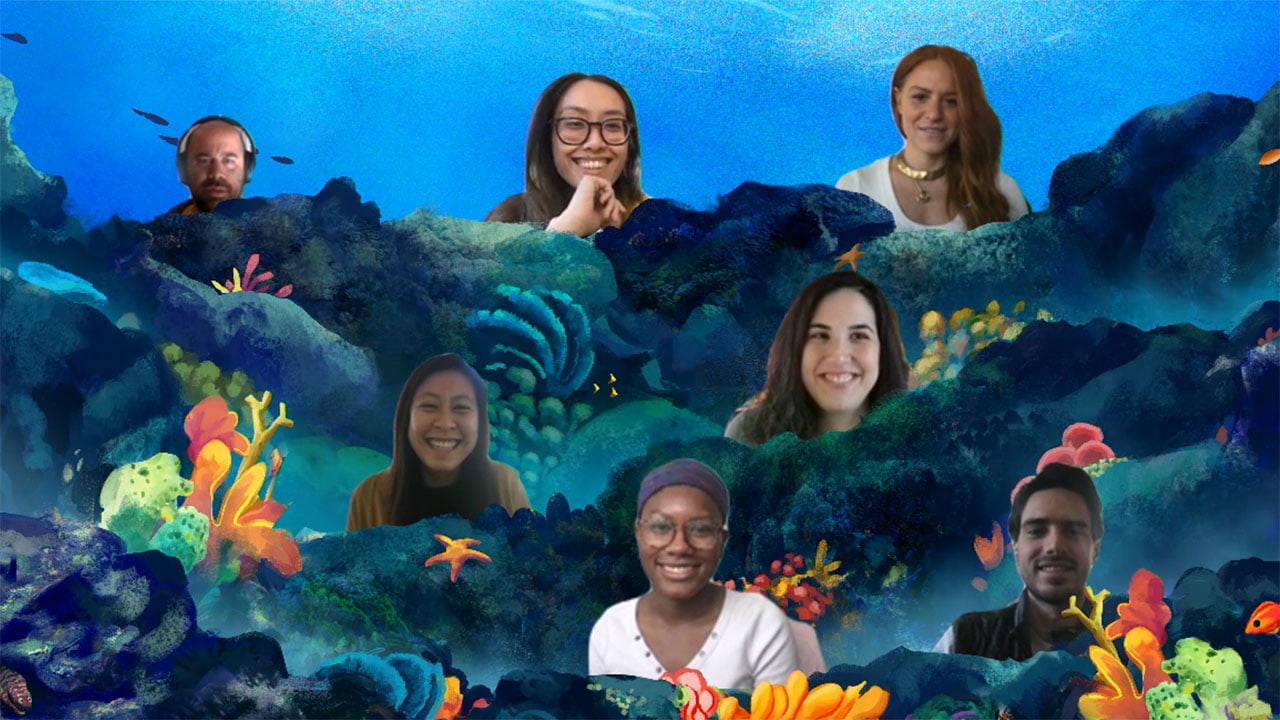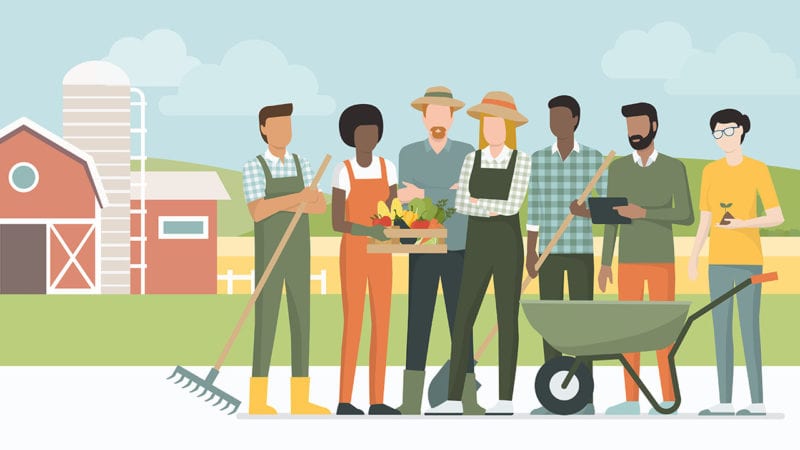Last Updated on March 5, 2021
Since we started as a company, we’ve tried to “do well by doing good,” making decisions based on not only what was best for the business, but also our employees, farmers, animals, and workers in the supply chain. And yet, over the past year, we’ve noticed areas where we’ve fallen short of our aspirations.
While our initial DEI efforts focused on gender, we failed to include an intersectional lens that encompassed all identities, backgrounds, and abilities. In considering all these other identifiers, we’ve decided to focus on race as a starting point. As a for-profit meat brand, race and racism play into almost every aspect of the work we do. We’re taking this opportunity to name, unravel, and educate ourselves about these systems of oppression.
Our hope in sharing our ongoing learnings is two-fold: To be transparent in the ways that we’ve failed and to hold ourselves accountable for doing this work.
The History of Farming Is Rooted in Racial Oppression
What we are naming: Our farming research has uncovered the mistakes we’ve made failing to center the Indigenous voice in the regenerative agriculture conversation. And while we’ve sought to be a consistent and reliable financial partner to our farmers, we’ve failed to recognize racial inequity that exists within our own supply chain. With the limited statistics we have available to us, we see that our farmer base is no better than the national average where less than 10% of farms are owned by BIPOC farmers.
What we are doing: We’ve been grappling with the reality that there’s no quick and easy solution to centuries of racism and land inequity. While we’ve had regular conversations with suppliers on this topic, we’re also learning more about the systems of oppression in our industry.
We’re researching the history of Indigenous people’s relationship to land and recognize that the way they interact with land is the heart of regenerative agricultural practices. We’re starting to share the stories of our Indigenous Alaskan salmon fishermen and women and their relationship with the salmon and sea. This work also means calling for the permanent protection of Bristol Bay, vital fishing grounds within their community that have been threatened by mining operations.
We’re also learning about the complex history of Black land stewardship, including the lasting impacts of slavery, the granting then stripping land from Black farmers during the Reconstruction era, and more. We understand that learning is just the start of this work. We’re committed to amplifying these voices and financially supporting organizations and policies that work to break systems of racial oppression in farming.
Company Decision-Making Power Is Held in Majority Culture
What we are naming: Most of our decision-makers are White and/or male. This means that decisions are likely made without acknowledging the experiences of BIPOC employees and women.
What we are doing: Based on the data we’ve gathered in 2020, we learned that we need to revisit our hiring process. We now require all hiring teams to watch an unconscious bias training video before interviewing candidates, and we’re working to ensure that all employees take a “Behaviors of Inclusion” training.
We’re also making a more conscious effort to diversify our hiring teams to gain varied perspectives on candidates and establishing competencies at the beginning of the process. To limit biases, our recruiter reviews the competencies again with the hiring manager during candidate debriefs.
When it comes to diversifying our leadership, we’re now establishing clear and equitable career pathways for both current and future employees. We are refining our job titles, job competencies, and compensation based on industry standards and advice from an external consultant. This work is still in progress, but we’re getting a better idea of what different titles represent and are working towards creating consistency across departments.

Our Marketing and Brand Content Lack Racial Diversity
What we are naming: We’ve utilized internal resources for our marketing materials: Our employees and our farmers. But, the lack of diverse representation in our marketing materials impacts our ability to connect with all audiences. It also illustrates the compounding cycles of unconscious systemic racism and the value a diverse employee base can bring in helping to break these cycles.
What we are doing: Our DEI committee is reviewing our marketing content and providing specific feedback to each department subgroup. We’re also creating guidelines to help content creators move through their process with a diversity and inclusion lens. While we’re working through ways to diversify our employee base, we’ve taken action to diversify our production crew and on-camera talent. We’re partnering with chefs of all identities to create authentic recipes as well as sharing food stories from BIPOC employees.
At the end of March, we’re planning to establish a baseline for our 2021 goals.
Our Work Has Just Begun
Here at ButcherBox, we are engaging with anti-racism work with a spirit of humility, relentless improvement, and joy. Humility because we recognize that even with the best of intentions, we’ve fallen short and will continue to fall short. Relentless improvement because we recognize that the road is long and we are committed to continued action, always finding a better way forward. And joy, because although this is serious work, we rejoice in the beauty and justice of moving towards a more diverse, equitable, and inclusive business.
This is the first in a series of posts about ButcherBox’s diversity, equity, and inclusion initiatives. Check back to see how our work is progressing.
Evadne Cokeh is ButcherBox's VP of Social and Environmental Responsibility. She is working to develop the company's social and environmental responsibility strategy and is the Chair of ButcherBox's Diversity, Equity, and Inclusion Committee.



